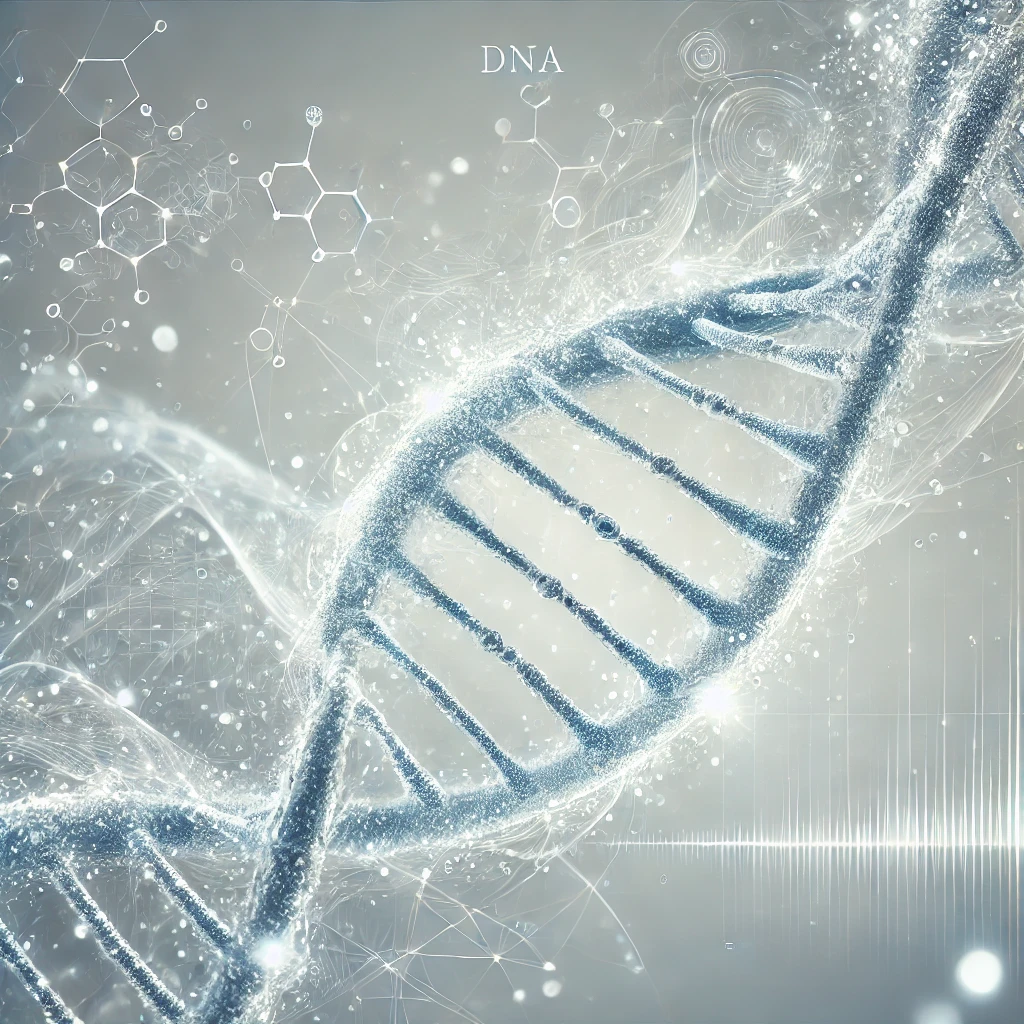Understanding 23andMe Accuracy: A Comprehensive Guide
Explore the scientific basis and real-world application of 23andMe accuracy in genetic testing. Learn about how results are formulated, interpreted, and the scope of their reliability.
How 23andMe Data is Generated
Genotyping Technology
23andMe uses a method called genotyping to analyze DNA. This technique screens for specific genetic variants, known as single nucleotide polymorphisms (SNPs), across an individual's genome. Genotyping is a cost-effective way to gain insights into genomic data, using a chip-based technology that focuses on predetermined SNPs associated with health conditions or ancestral information.
Laboratory Standards and Procedures
The process of genotyping is conducted under stringent laboratory conditions, adhering to industry standards. 23andMe's laboratory partner is accredited by the College of American Pathologists (CAP) and certified under the Clinical Laboratory Improvement Amendments (CLIA). These certifications ensure a high level of accuracy and reliability in genetic testing.
Statistical Basis for Accuracy
Genetic Variant Selection
The reliability of 23andMe's results depends on the carefully selected SNPs. Each variant tested is chosen based on substantial scientific research, providing the groundwork for accurate health and ancestry predictions. However, some genetic traits are influenced by multiple genes and environmental factors, which may limit the predictive power of the tests.
Validation Studies
Before introducing new SNPs into their testing panel, 23andMe conducts internal validation studies. These assessments ensure that the selected variants are significantly associated with the conditions they are purported to inform about. While individual test accuracy can vary, overall performance is verified through ongoing analyses and scientific literature.
Interpreting 23andMe Results
Health Report Accuracy
Health-related data delivered by 23andMe is based on current knowledge of genetic conditions and traits. Results provide risk probabilities rather than definitive diagnoses. It aids in understanding potential predispositions to certain conditions, which serves as an initial step for further exploration via more comprehensive medical tests if needed.
Ancestry Report Accuracy
The ancestry composition report utilizes genetic markers to estimate geographical ancestry with varying degrees of certainty. The complexity of human genetics means that ancestry percentages are estimations rather than precise values. Factors such as migration patterns and historical data contribute to potential inaccuracies in exact lineage tracing.
Comparison with Other Services
Other DNA Testing Providers
Similar to 23andMe, other companies like AncestryDNA and MyHeritage provide genetic information using various SNP-based methods. The accuracy of these services is comparable, reliant on the specific SNPs they investigate and their respective algorithms for result interpretations. ChatDNA, for instance, allows for further analysis of genetic data by offering insights into health and wellness using existing DNA results from across providers, without focusing on ancestry.
Enhancing the Understanding of DNA Data
Consultation and Medical Oversight
For health-related concerns, it is advised to consult healthcare professionals who can incorporate genetic information into a broader medical context. Genetic counseling can provide support in understanding the implications of genetic results and help in making informed health choices.
Continuous Research and Development
The field of genomics is rapidly evolving, with continuous research contributing to even deeper insights. As scientific understanding progresses, so too will the interpretation and application of genetic data, enhancing the accuracy and value of services like 23andMe.
Conclusion
While the accuracy of 23andMe's genetic testing is supported by rigorous scientific methodology and adherence to high laboratory standards, users should approach their results as informative guides rather than definitive answers. As the science of genomics grows, so does the potential for understanding our genetic make-up and its impact on health. Thus, keeping abreast of new developments in genetic research is beneficial for interpreting and utilizing this data effectively.
What is ChatDNA?
ChatDNA can analyze your DNA to answer any question. When you ask a question it will provide clear explanations and meaningful insights about who you are at a genetic level.
You can import existing DNA results from all major services like 23andMe and AncestryDNA or purchase a new DNA test kit through ChatDNA.
ChatDNA is especially valuable for anyone interested in:
- Understanding how their genes influence health and wellness
- Learning about their unique genetic traits
- Discovering personalized insights about their biological characteristics
- Getting clear, conversational answers to their DNA-related questions
Ready to get answers about your DNA? Visit ChatDNA.co to get started.
